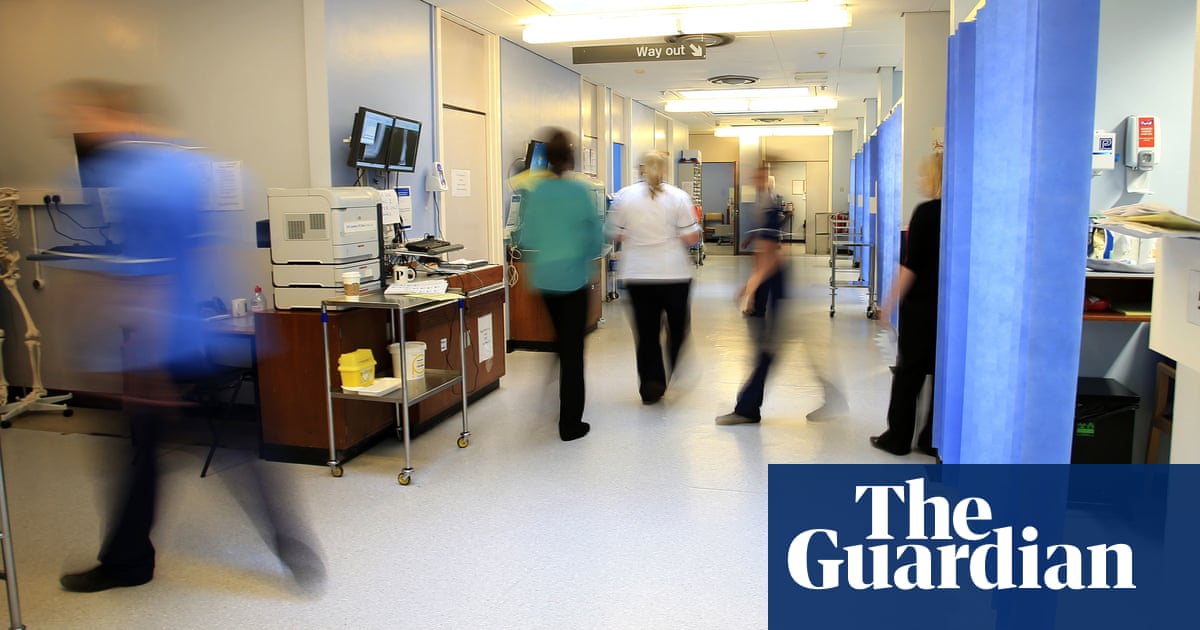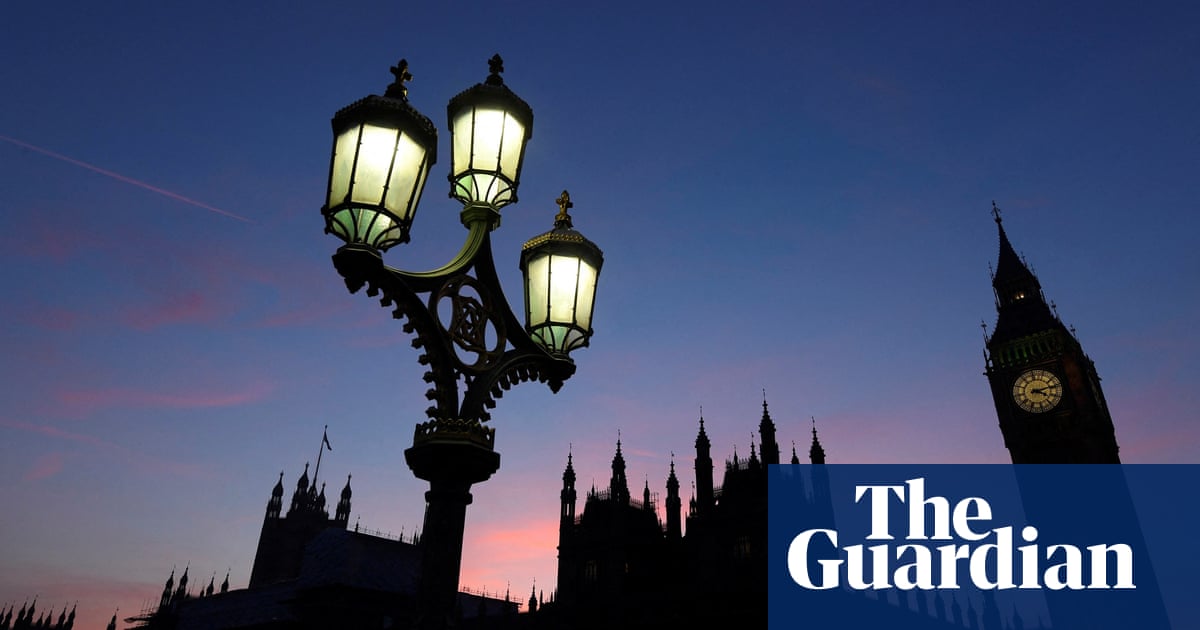
Many doctors from overseas are left feeling lost, anxious and not ready to care for patients after joining the NHS because they are not properly looked after, research has found.
Many international medical graduates (IMGs) feel the NHS does not help them prepare for life as a doctor in the UK and the practicalities of moving to a new country, according to a survey.
Almost six in 10 (58%) of those questioned thought their induction was inadequate, and almost half (48%) felt anxious about starting to perform clinical duties in the UK.
The Medical Protection Society (MPS), which surveyed 737 IMGs working in England, said the results showed that too many foreign-trained doctors were “still being let down” professionally and personally by the NHS.
One doctor said: “I was very anxious and worried as working clinically without induction and [a] very brief period of shadowing … I was just lost.”
Another said: “I asked several times about induction, to be told that I will just learn on the job and ‘it will be fine’.”
There has been a sharp rise in the number of overseas doctors coming to work in the UK. More than one in three (36%) medics in the NHS in England now come from abroad, most often from India, Pakistan, Egypt and Nigeria.
Just over half the doctors who began working in the UK in 2022 were from overseas.
The survey found:
38% said they had too little time to shadow other doctors to gain valuable insights.
45% were not trained on cultural differences between the NHS and their country of origin and what is acceptable in the UK compared with in their home nation.
48% said their induction did not involve being given enough knowledge or training before starting to work clinically.
51% did not receive help or advice with practical issues after moving to the UK such as finding a place to live, opening a bank account, registering with a GP or paying council tax.
41% said they were left feeling alone and isolated.
38% questioned their decision to work in the NHS.
Prof Jane Dacre, the MPS’s president, said some trusts ran “exemplary induction programmes for IMGs and are leading the way. But the fact remains that too many IMGs are still being let down by trust inductions. This cannot continue. Those who serve the NHS deserve more.”
She urged all NHS care providers to adopt and implement guidance on inductions drawn up in 2022, called Welcoming and Valuing IMGs, to improve the situation.
Dr Sai Pillarisetti, the chair of the British International Doctors Association’s postgraduate committee, said the results identified “a lack of support outside of clinical practice, leading to loneliness and anxiety”.
He said: “The quality of induction offered has a direct impact on wellbeing and patient safety, and embedding learnings around cultural competence and UK best practice will help address any variations in communication and clinical practice.”
The General Medical Council, which regulates the medical profession, backed Dacre’s call. Tista Chakravarty-Gannon, its head of welcome to UK practice, said: “It is vital we equip [IMGs] to succeed from the very start. The MPS’s survey sadly reinforces that a comprehensive induction process remains sporadic and in some cases lacking.”
NHS England has published a long-term workforce plan, which, if delivered in full, will mean a big rise by 2038 in the number of home-produced doctors, nurses and other clinical staff. However, health staffing experts expect the NHS to rely heavily on foreign personnel for the foreseeable future, given that the plan will take time to produce dividends.












